
Adrian Sieler (Science of Intelligence): “Building Anthropomorphic Soft Robotic Hands With Human-Like Manipulation Abilities”
More info to follow. This talk will take place in person at SCIoI.

More info to follow. This talk will take place in person at SCIoI.

More details to follow. This talk will take place in person at SCIoI (room 2.057).
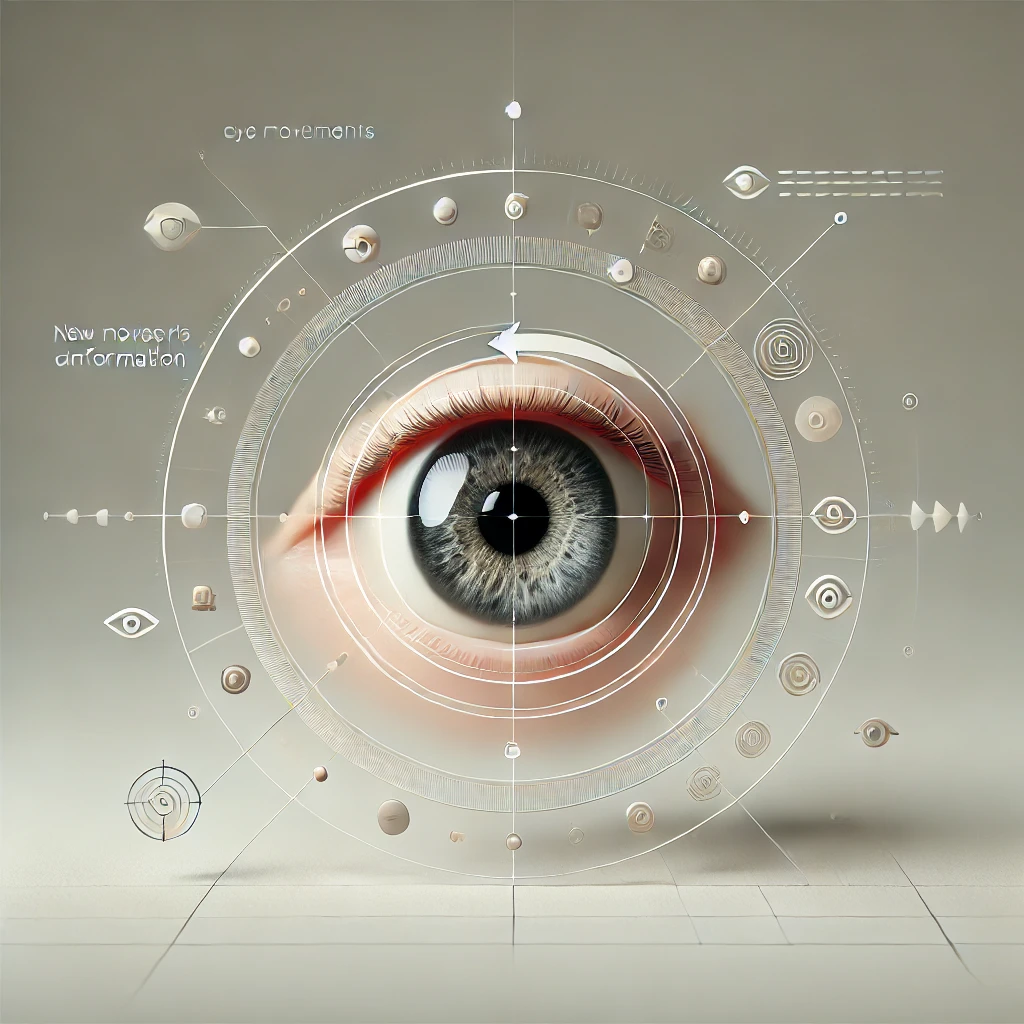
Abstract Collecting new information about the outside world is a key aspect of brain function. In the context of vision, we move our eyes multiple times per second to accumulate evidence about a scene. Prior studies have suggested that this process is goal-directed and close to optimal. Here, we show that this process of seeking
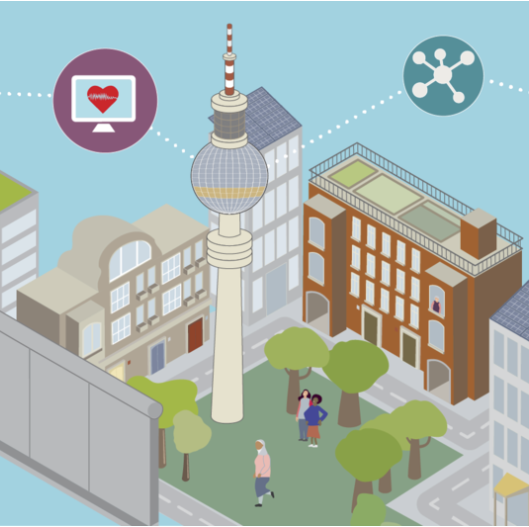
Berlin is currently facing numerous challenges, ranging from the modernization of public administration to the adaptation to climate change, from traffic planning to the regulation of the housing market, the implementation of an efficient health care system and creating incentives for a more sustainable lifestyle with the involvement of citizens. In this context, the effective
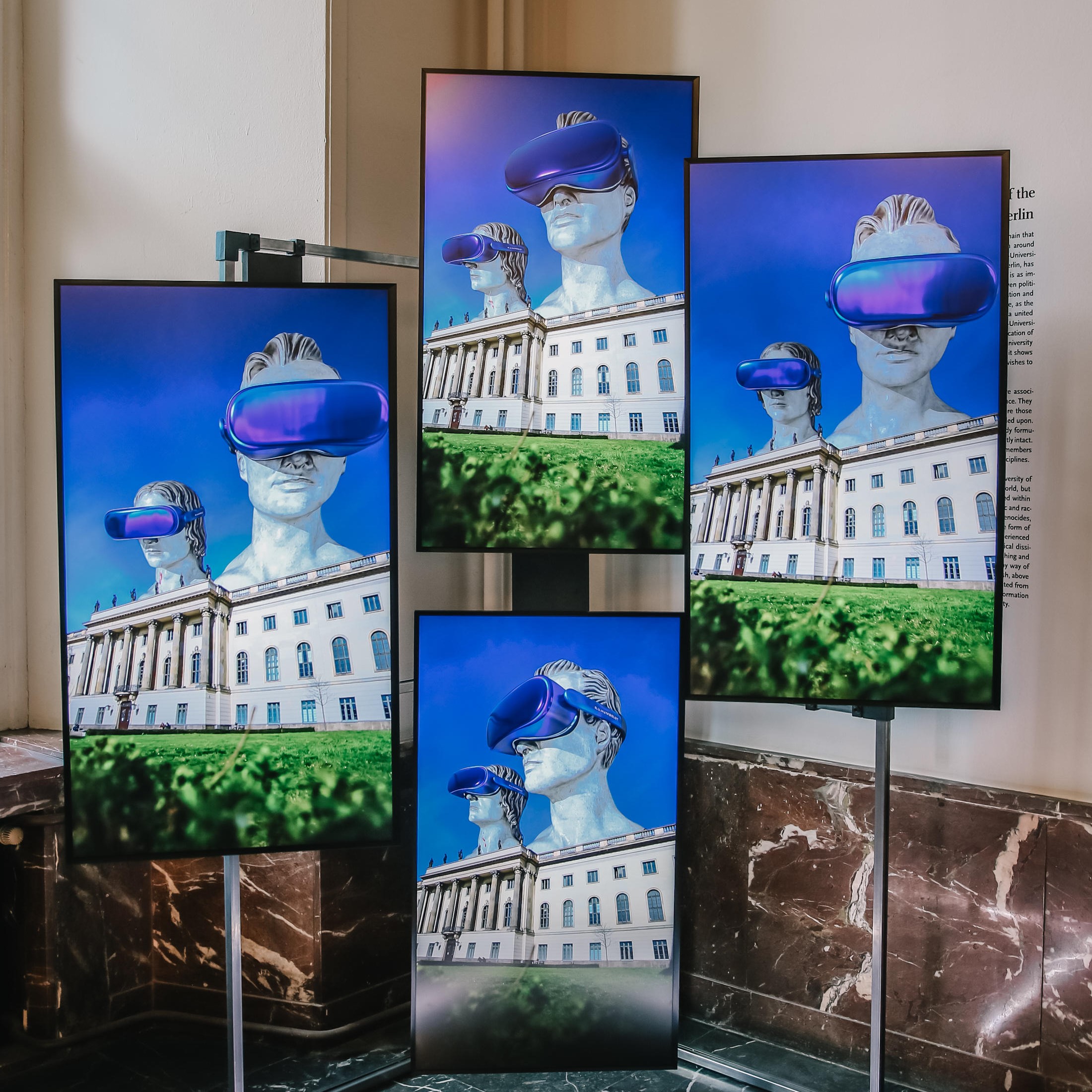
Our members Dafna Burema and Jonas Frenkel will take part at "THE OPEN KNOWLEDGE LAB" Berlin as speakers, which thrives on active exchange between science, business, politics, and urban society. The BUA OPEN SPACE salon series provides a platform for dialogue on current social issues and networking: impulses from science and subsequent discussions provide deeper
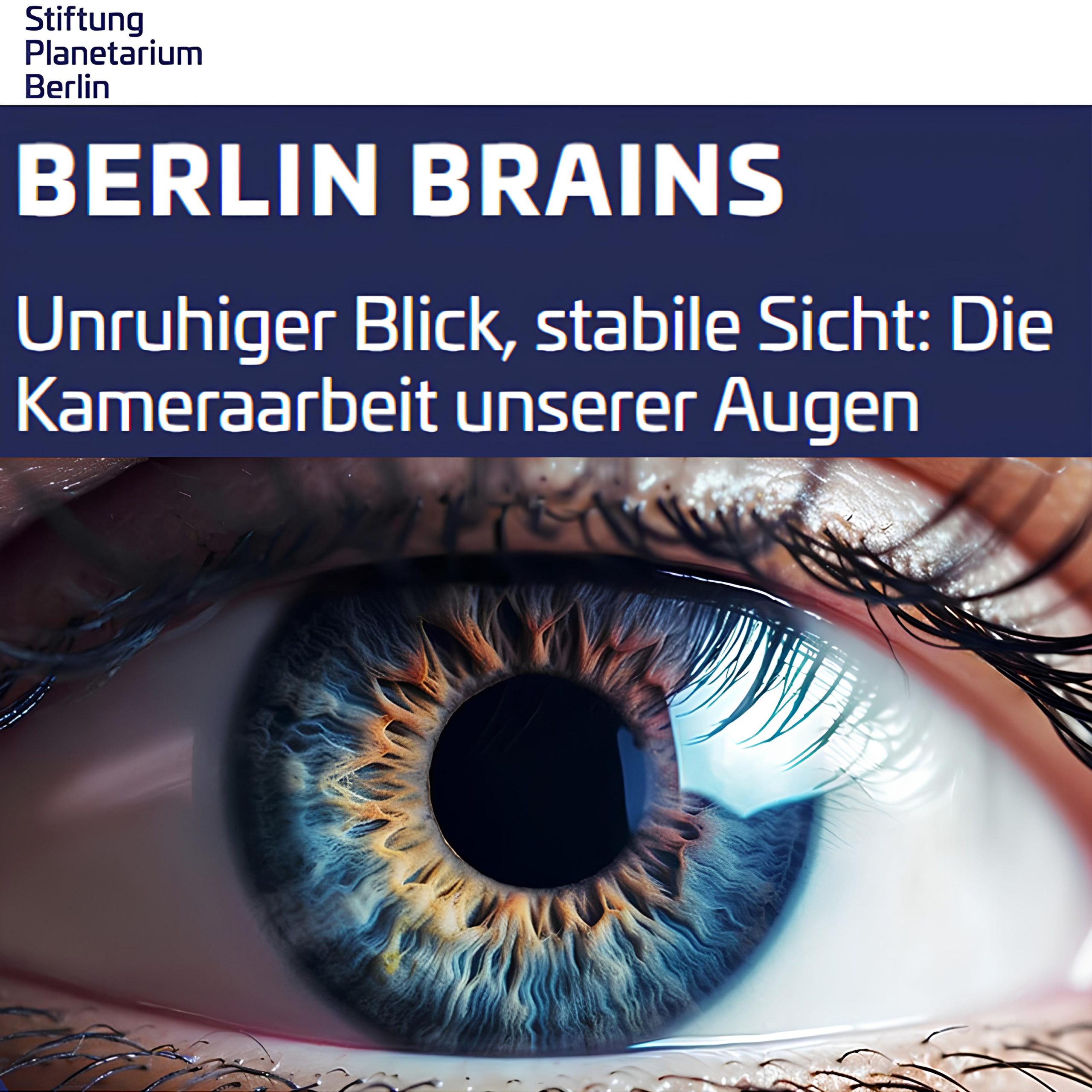
Live Event at Zeiss-Großplanetarium (Zeiss Grand Planetarium), Berlin with SCIoI memebers Martin Rolfs and Nina Hanning, titled "Restless gaze, stable vision: The camera work of our eyes." About: Our eyes are restless; they constantly orient themselves toward new aspects of the environment. If they were cameras, the recorded film would be dizzying. And yet our

SCIoI spokesperson Oliver Brock will give a talk about artificial intelligence (AI) in Vienna (Austria), where, for the first time, a TED series of talks will be hosted, to foster the understanding of AI innovation. Want to join or get more information? Click here.

Achieving consensus, i.e., agreeing on objectives and on relevant aspects of the environment, is a prerequisite whenever a group of individuals (“agents”) attempt to cooperatively solve a task. This requires information exchange between agents. In technical scenarios, information exchange is via wireless communication channels, which exhibit interference. Standard implementations aim at avoiding interference by resorting

Heiko Hamann is a roboticist with focus on collective systems. With his group he studies distributed robotics, machine learning for robotics, and bio-hybrid systems. In his collaboration with SCIoI member Pawel Romanczuk he investigates collective intelligence and especially the swarm robotics aspects of “Speed-accuracy tradeoffs in distributed collective decision making.” This talk will take place

Alan Winfield is Professor of Electronic Engineering and Director of the Science Communication Unit at the University of the West of England, Bristol. He conducts research in swarm robotics in the Bristol Robotics Laboratory and is especially interested in robots as working models of life, evolution, intelligence, and culture. Alan is passionate about communicating science

Abstract "Moral judgments are inherently social, shaped by interactions with others in everyday life. Despite this, psychological research has rarely examined the impact of social interactions on these judgments. In our study, we explored the role of group dynamics in moral decision making by having small groups (4-5 participants) evaluate moral dilemmas first individually, then
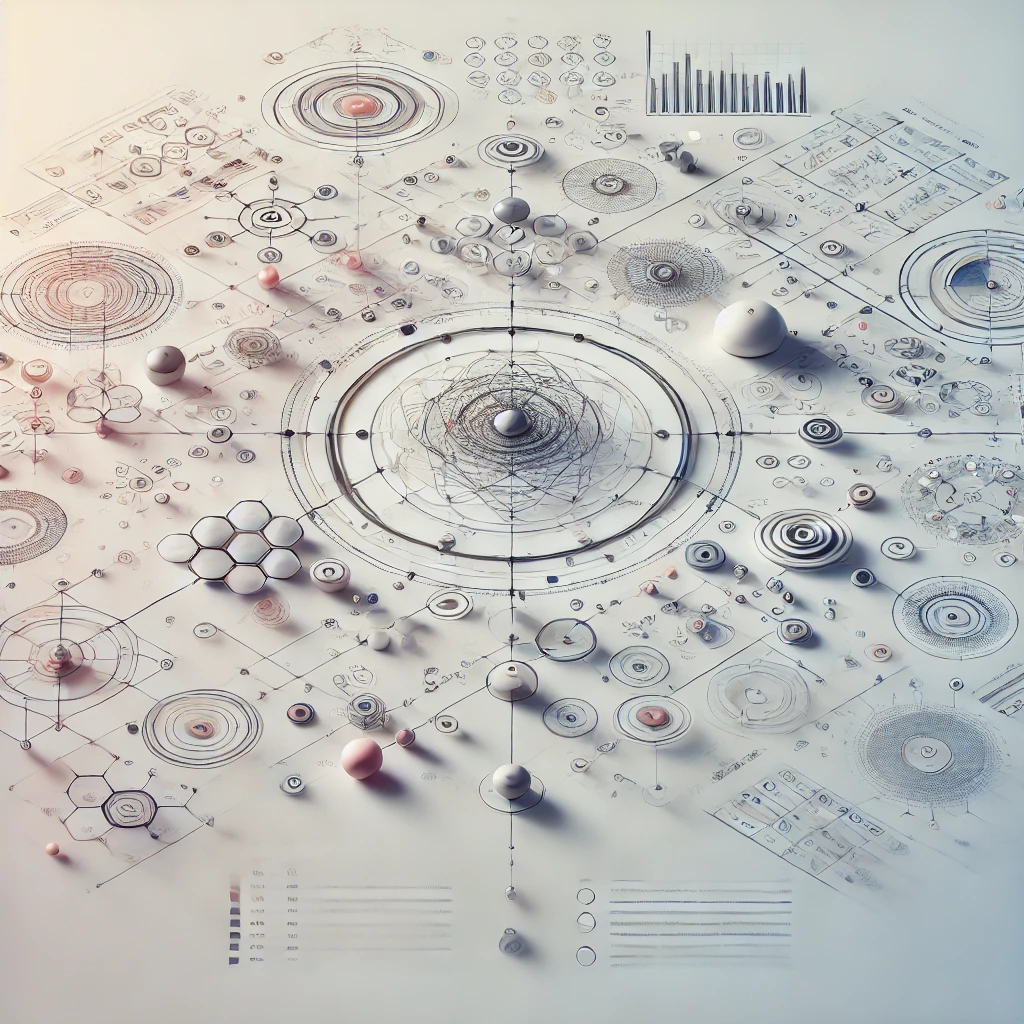
Karoline Wiesner has been a Professor of Complexity Science at the Institute for Physics and Astronomy since 2021 and also serves as an external professor at the Complexity Science Hub Vienna. She earned her Ph.D. in Physics at Uppsala University and spent her postdoctoral years at the Santa Fe Institute in New Mexico and the